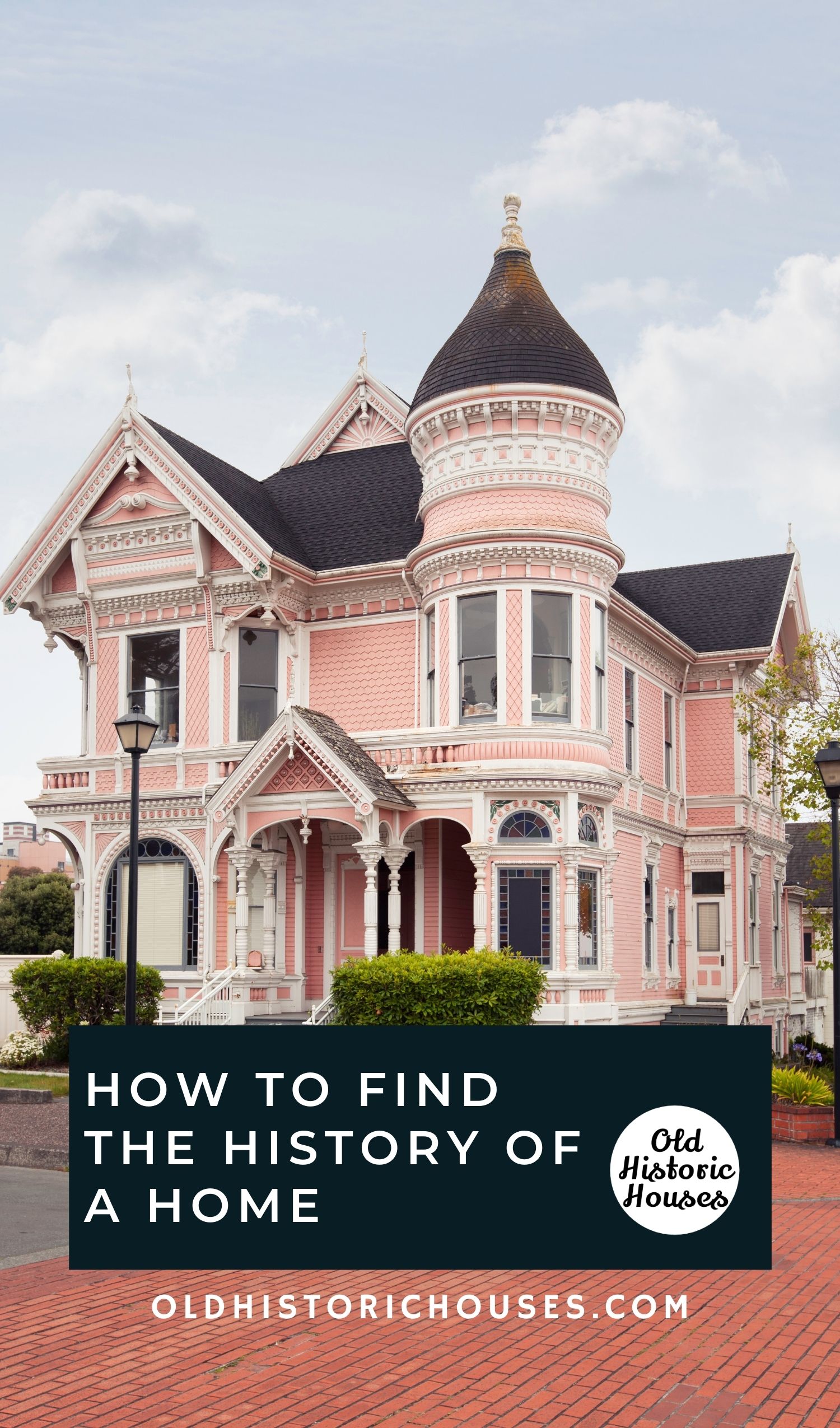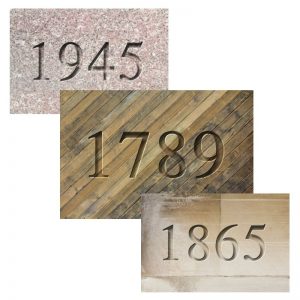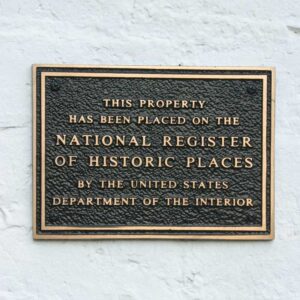How to Find the History of a House

Have you ever asked yourself “How old is my house?” If so, there are quite a few ways to research the history of a home and find out who lived there when it was built and maybe even learn a few interesting facts about your homes past. Not only is it fun to learn about the history of a home it may provide insight on how to better preserve a home for the future.
With so many resources at the fingertips of homeowners via the internet, researching has never been easier and finding out the history of a home or doing a property history search is quicker than ever.

8 Tips on How to Find Out The History of a House
Read on down to find 8 different tips on how to learn the history of a home and or begin your house history search!

#1. The National Registry of Historic Places
Is the property old enough to be considered historic (generally at least 50 years old) and does it still look much the way it did in the past? If you can answer yes to both of these questions then take a look online at the National Registry of Historic Places online archive.
This free service, which is managed by the National Park Service, contains the official list of homes that are registered. These homes and buildings may be designated as historic landmarks due to their age, architectural style and/or overall importance. If your home is listed you might be able to see photos and documents that are of historic value about your home!
#2. Ask Your Realtor
If you are moving to a new house that you think may be historical signification ask your realtor! They may be able to do some research on your behalf to get you more information. Realtors should have access to information about the previous owners if the neighborhood has historical significance.
If you move into a historical neighborhood district rules and ordinances may apply to any changes that you may want to make to a home within the limits of the district. Check with local officials about any regulations that may apply to a potential home before purchasing.
#3. Research Land and Property Records
According to Archives.gov you can search historical records that pertain to and may include, but are not limited to Land Entry Case Files, Right of Ways, Mineral Surveys, township surveys, and water rights.
#4. Visit a Local Library, Historical Society or Preservation Foundation
Most local libraries have books about the area they are located in. Historical books may be written by locals, maps, photographs of the area and even newspaper clippings that will help you determine the history of your home.
Even better there may be a historical society, museum or preservation foundation in your new town with exhibits and artifacts as well as knowledgeable staff to help answer questions.
#5. Explore the Home for Clues About the Past
Examine your house inside and out. Clues may be anywhere. Was your home a former church, school or bank? Take a good look at the architectural style and features on the outside and inside the house. For example, what materials were used to build the house, what time of windows and roof does it have?
#6. Read Books on the Area
Most areas have many historical books that will explain a little more about the area you are planning on living in or do already live in. Plus, you may be able to research your homes architectural style for extra help about what to look for locally. There are many books about homes styles and architecture available for purchase to learn more.
#7 Talk to Neighbors or People in the Area
This one is quite simple to do! Take a scroll through your new neighborhood to say hello to your new neighbors. Chances are that more than likely someone will know something about the history of the area or even your home! This is a great way to learn facts that may not be well known and it is as simple as just asking!
#8. Look up Old Census Records
With old census records you may be able to see who previously lived in your home throughout the years, what their occupations were and you may get an idea of when the house was built. Ancestory.com or Census.gov are both great places to find great information about your home!
I hope you enjoyed these tips on how to find the history of a historic home! If you can think of anymore, please let me know. You can follow along with Old Historic House on Facebook, Instagram or Pinterest!





